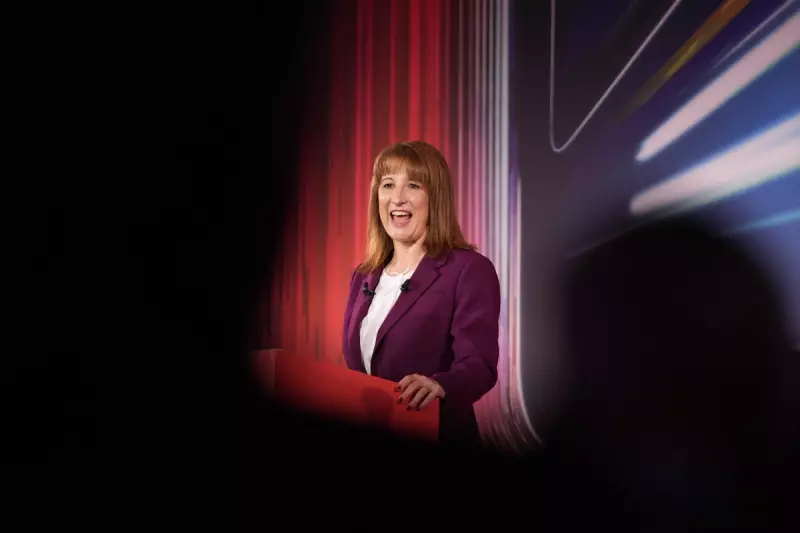
Labour's Shadow Chancellor Rachel Reeves has come under the spotlight after revealing she earns nearly £1,700 per month from renting out a property in Southwark, south London. The financial disclosure comes at a politically sensitive time as her party positions itself as the solution to Britain's deepening housing crisis.
The Dulwich and West Norwood MP declared rental income between £1,001 and £1,700 monthly from the London property in the latest register of MPs' interests. The revelation emerges just as Labour leader Sir Keir Starmer promises the "boldest housebuilding programme in a generation" if his party wins the upcoming general election.
Political Context and Housing Promises
Ms Reeves, who serves as shadow chancellor, has been a vocal advocate for addressing Britain's housing shortage. Labour's ambitious plans include building 1.5 million new homes over the next parliament and reforming planning laws to accelerate construction.
The timing of this disclosure raises questions about the personal financial interests of politicians while they shape national housing policy. However, there's no suggestion that Ms Reeves has broken any rules regarding her property investments.
Broader Pattern Among Labour Figures
Ms Reeves isn't alone among senior Labour figures with rental property interests. Party leader Sir Keir Starmer also earns rental income from a property in the same Southwark area, though his returns fall within a lower bracket of £100-£200 monthly.
This pattern of property investment among opposition frontbenchers highlights the complex relationship between personal financial decisions and public policy positions in Westminster.
Transparency and Public Perception
The mandatory disclosure through MPs' financial interests provides transparency about politicians' earnings beyond their parliamentary salaries. However, such revelations often prompt scrutiny about how personal investments align with political messaging, particularly on sensitive issues like housing affordability.
With the housing crisis becoming a central battleground in the forthcoming election, all parties face increased examination of their policies and the personal practices of their leading figures.





